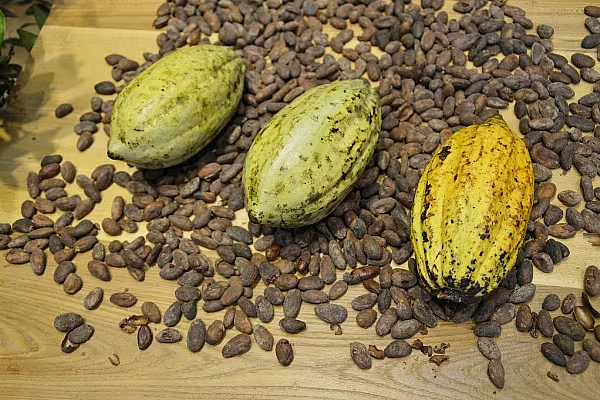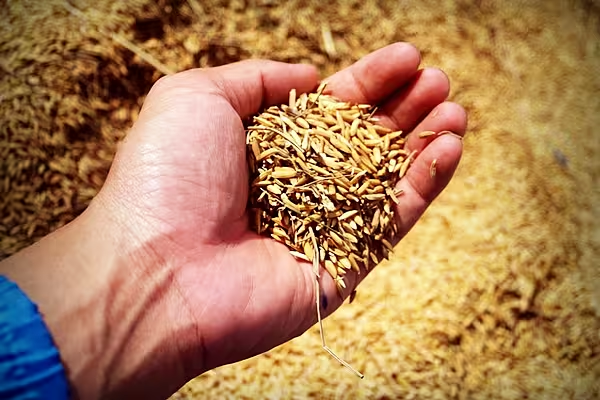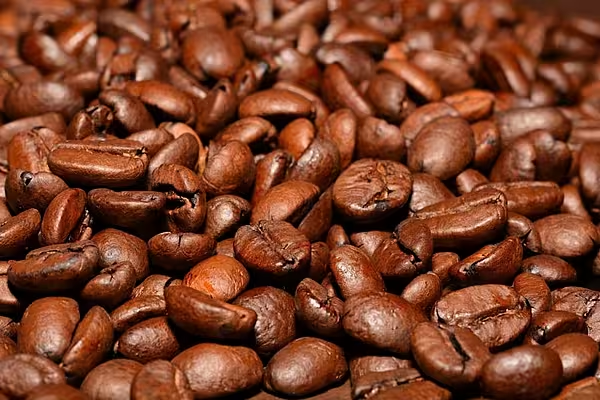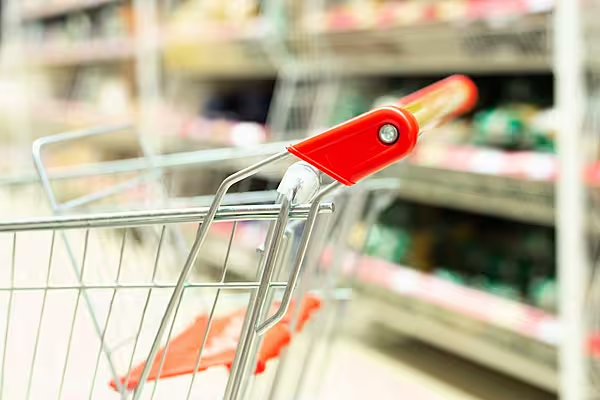Cocoa farmers in Ivory Coast say they plan to ramp up production and establish new plantations, potentially jeopardising a new policy to cap output and boost prices from next year.
The West African country's cocoa regulator (CCC) said in October it would cut production from 2.2 million tonnes to 2 million tonnes from next season in a bid to deter farmers from overproducing after Ivory Coast and neighbouring Ghana introduced a plan to raise farmers' income.
Living Income Differential
The world's top two cocoa producers set a fixed $400 a tonne 'living income differential' (LID) in July on all their cocoa contracts for the 2020/21 season.
They also pledged to use the money raised to guarantee farmers 70% of a $2,600 a tonne target price.
This should equate next season to a price for farmers of at least 1,000 CFA francs ($1.70) per kilogram, versus 825 for this season, though it could be well above that if international prices rise.
Benchmark cocoa futures on ICE hit their highest in a year and a half in November, helped in part by the LID announcement, but they could fall again if output in West Africa surges.
Lack Of Business Alternatives
Seventeen farmers who spoke to Reuters this month said a lack of business alternatives outside the cocoa industry leaves them with little choice but to expand output and make the most of improved prices.
The farmers' comments raise questions about whether the world's No. 1 cocoa producer can implement production cuts in a country that relies on a million small producers who operate independently and have little incentive to cut back.
"I've already cleared 4 hectares of forest in July that my family can plant with cocoa in the April rainy season and I'm not going to stop that," said Sylvain Daple, who tends three hectares in San Pedro, the heart of Ivory Coast's new cocoa belt.
His view was echoed by other farmers in Daloa, Issia, Divo, Gagboa, Soubre and Meagui - territories which account for nearly 70% of the Ivorian crop.
Most of them said the authorities needed to do more to encourage diversification.
'Profitable Options'
"If we have alternatives, options as profitable as cocoa, then we will limit our fields and our production, otherwise it is not possible," said father-of-four Donald Assie in the village of Bobia near Gagboa.
The CCC declined to comment. When it announced the output cap in October it did not say how it would be implemented and enforced.
"I really don't see how they can do it, I don't see any sort of plan (and) I question whether they have one," said an industry expert, who did not wish to be identified.
"If they were prepared to expel hundreds of thousands of women and children from (protected) forests that would impact production but what do you do with tens of thousands of refugees?" the expert said.
He said Ivory Coast has in the past expelled people on a small scale, but that never significantly curbed production.
Ivory Coast's protected forests produce 500,000 tonnes of cocoa annually, according to official data.
"The solution is to destroy all the plantations that are in the protected forests and in the parks," said Salif Diomande, who purchases beans from farmers to sell to exporters.
Ivory Coast has more than 2.5 million hectares of cocoa. The sector accounts for 15% of GDP and 40% of exports.
News by Reuters, edited by ESM. Click subscribe to sign up to ESM: European Supermarket Magazine.














